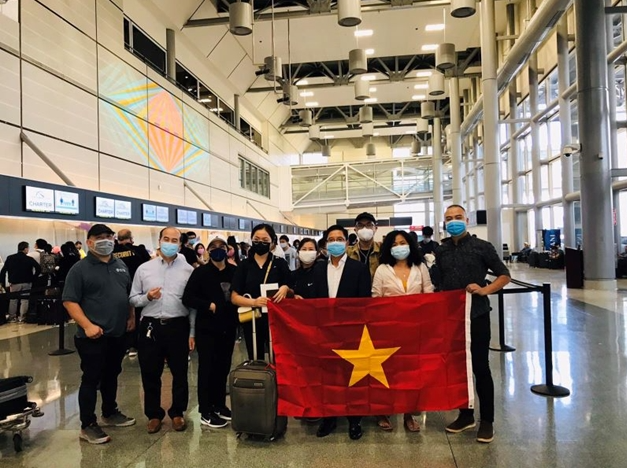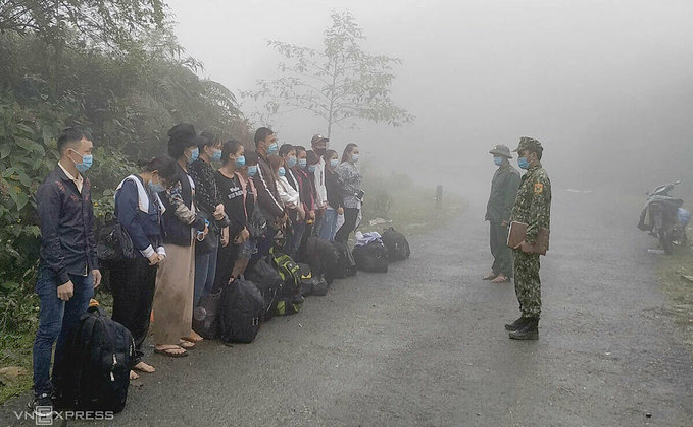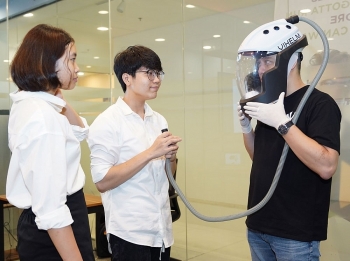COVID-19 tests to cost foreigners US$63 minimum
| COVID-19 Updates (September 21): No new cases, only 1 severe patient left | |
| Over 100 Vietnamese return home illegally from China | |
| Vietnam’s COVID-19 protective helmet won golden prize at int’l contest |
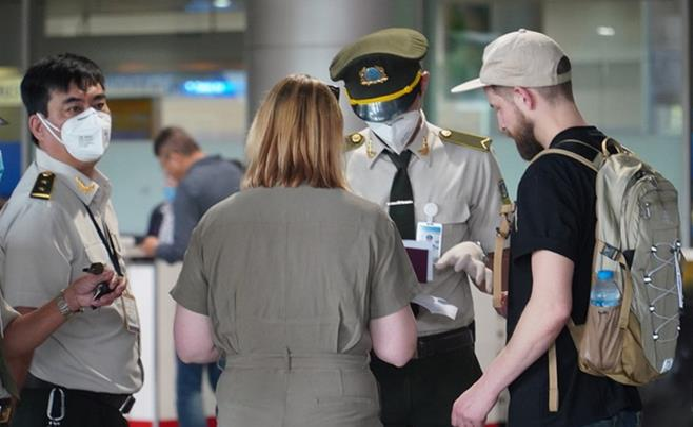 |
| COVID-19 tests using real-time reverse transcription–polymerase chain reaction (RT-PCR) are mandatory for foreigners entering Vietnam. (Photo: VNA) |
Foreign nationals entering Vietnam on commercial flights will have to take two COVID-19 tests that cost them around VND1.468 million (US$63), and register contact and quarantine details.
Those staying in the country for more than 14 days will be tested for the coronavirus twice, using the real-time reverse transcription–polymerase chain reaction (RT-PCR), each costing VND734,000 ($31.53), the Health Ministry said on September 21.
The arrivals would have to pay additional VND238,000 ($10.22) for using rapid test kits, VnExpress said.
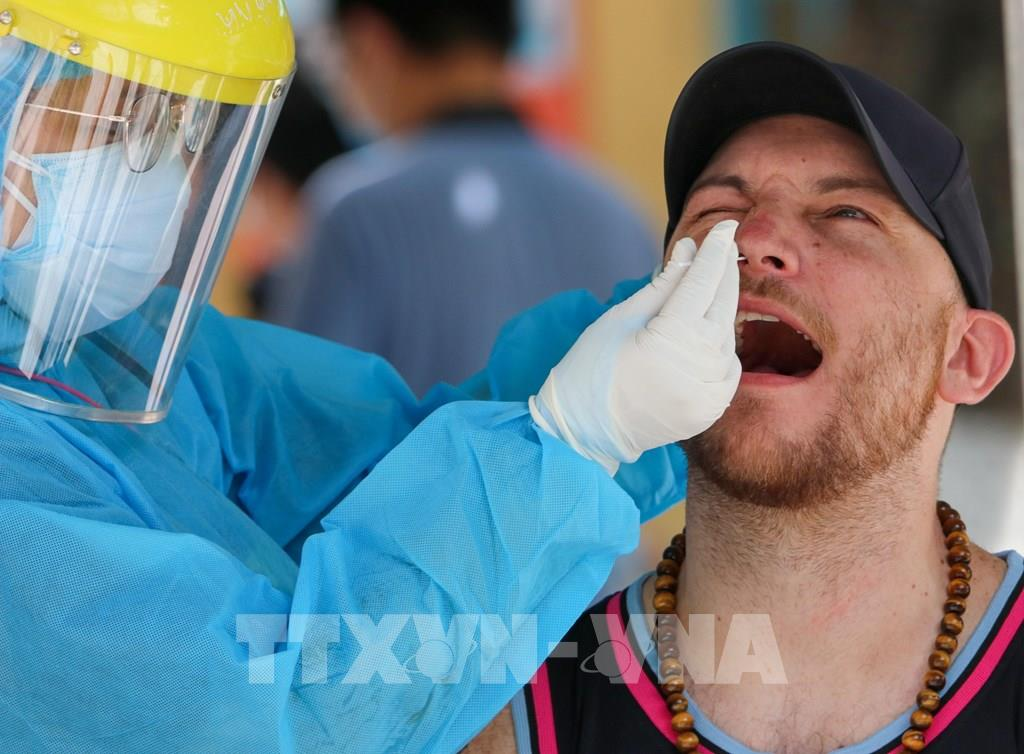 |
| Illustrative image. Source: VNA |
Regulations tightened following resumption of international flights
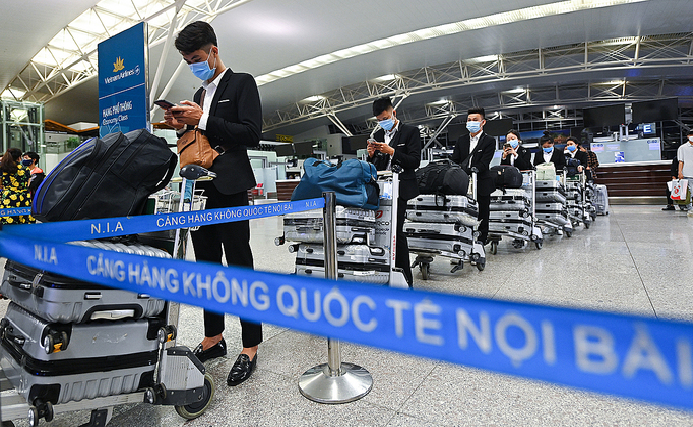 |
| Passengers wait at Noi Bai Airport in Hanoi to board a flight to Japan's Tokyo, September 19, 2020. Photo: VnExpress |
Commercial flights have been allowed to resume starting mid-September to and from certain countries and territories
Before boarding, passengers are required to present their passport, entry visa and a certificate confirming they have tested negative for novel coronavirus using the RT-PCR method within three days. This certificate must be certified by Vietnamese diplomatic agency in their host country.
Airlines are only allowed to sells tickets to passengers after they provide contact details in Vietnam, as well as the address and phone number of the quarantine facility registered, phone number of the person or organization picking them up at the airport. During check-in procedures, foreign arrivals must present quarantine registration papers in Vietnam.
Those entering Vietnam for less than 14 days are exempt from centralized quarantine and will be quarantined at their workplace, factories and hotels while those coming to Vietnam for more than 14 days will be taken to centralized quarantine facilities run by the government. Vietnamese carriers could refuse to transport those having their body temperatures exceeding 37.5 degree Celsius.
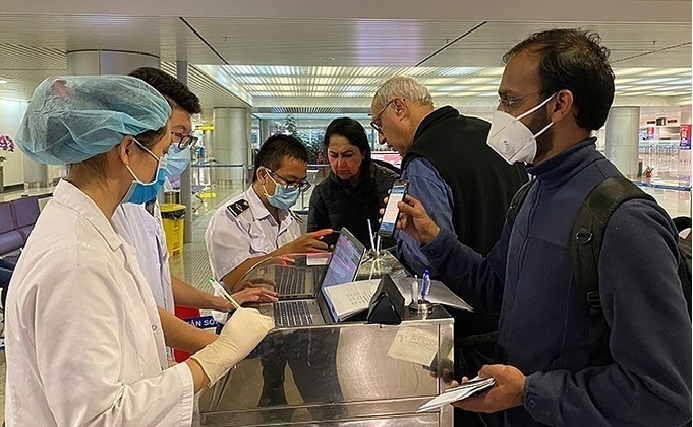 |
| Foreign arrivals show their online health declarations at Tan Son Nhat Airport, HCMC, March 7, 2020. Photo: VnExpress |
All passengers would have their samples taken for the first test upon landing at Vietnamese airports. They would be tested again on the sixth day after entering Vietnam.
Those testing positive for the novel coronavirus will be admitted to medical centers for treatment; while those reporting negative results twice can switch from centralized quarantine camps to isolation at home or their place of work or a hotel until they complete the 14-day quarantine period as per health ministry protocol under supervision of local authorities.
Those showing infection symptoms will have to continue staying in the centralized quarantine facilities until they are cleared to leave.
A minimum of $5.16 set for quarantine fees
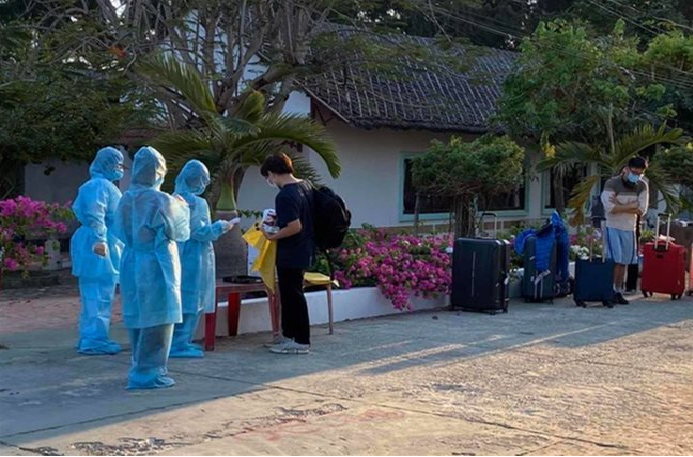 |
| Guests enter a lodging facility in HCMC used as a paid quarantine center. Photo: TNO |
People entering the country will now have to pay fees during their stay at government run quarantine camps.
Those entering and using the military camps, schools and other sites managed by the state will have to pay for meals and the services provided.
Anyone who chooses to undergo quarantine at hotels and resorts will pay the fees charged by those facilities.
But people staying at a state-run centres must pay VND80,000 (US$3.50) for food and VND40,000 ($1.75) for service fee each day, Viet Nam News said.
All foreigners entering Vietnam are required to buy international health insurance which covers medical check-ups and treatment in the country during their stay.
COVID-19 treatment fee for Vietnamese nationals will be covered by the State as stated by Law on Infectious Disease Prevention and Control.
Health insurance buyers will have their expenses on health check-up and treatment covered during concentrated quarantine time. Other extra fees not covered by the health insurance agencies will be paid by individuals themselves.
Those who do not have health insurance have to pay for all medical expenses./.
| Prime Minister Nguyen Xuan Phuc on September 18 green-lighted the Transport Ministry’s recommendation to resume commercial flights to Thailand, Vietnam's fastest growing tourist market. But he said anti-pandemic measures should be in place, including quick disposal of passengers at airports to reduce the risk of infection due to overcrowding and quarantine plans. This came a few days after the government allowed the resumption of air services to China, Japan, the Republic of Korea , and Taiwan from September 15 and to Laos and Cambodia on September 22. The PM also ordered the transport ministry to consider increasing the frequency of flights to bring in foreign experts and investors and Vietnamese nationals from abroad. Vietnam suspended all international flights on March 25. |
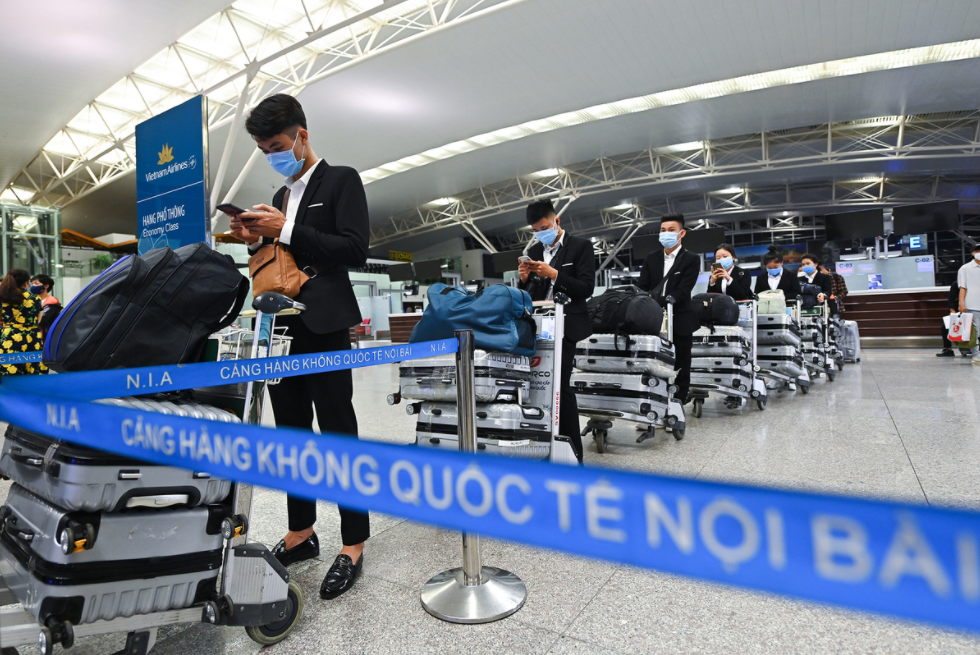 | In Photo: Vietnam's first commercial international flight in post-COVID-19 context The first international flight on a route from Noi Bai to Narita (Tokyo) was re-operated after a 6-month closing due to Covid-19. |
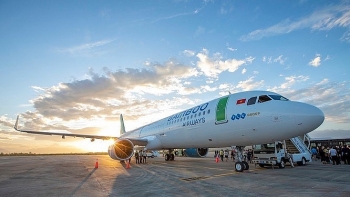 | Vietnam commercial flights resumption taken with high safety level Commercial flights between Vietnam and 6 selected countries are to be resumed starting September 15, 22 with a high level of safety and stringent rules. |
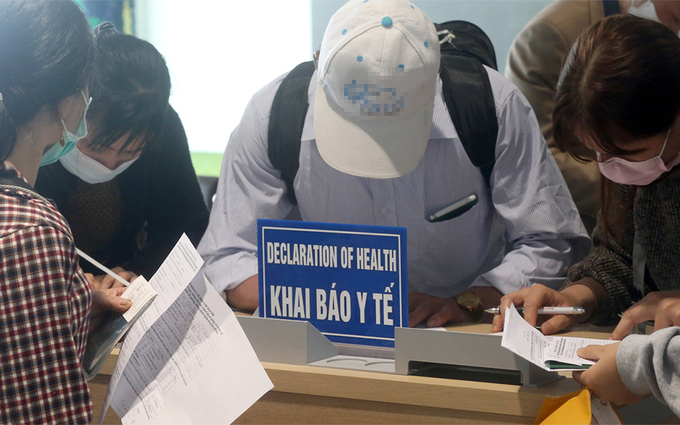 | Residential address a must for any passengers entering Vietnam Passengers boarding international commercial flights to Vietnam must have a negative proof of nCoV and address of residence. |
Recommended
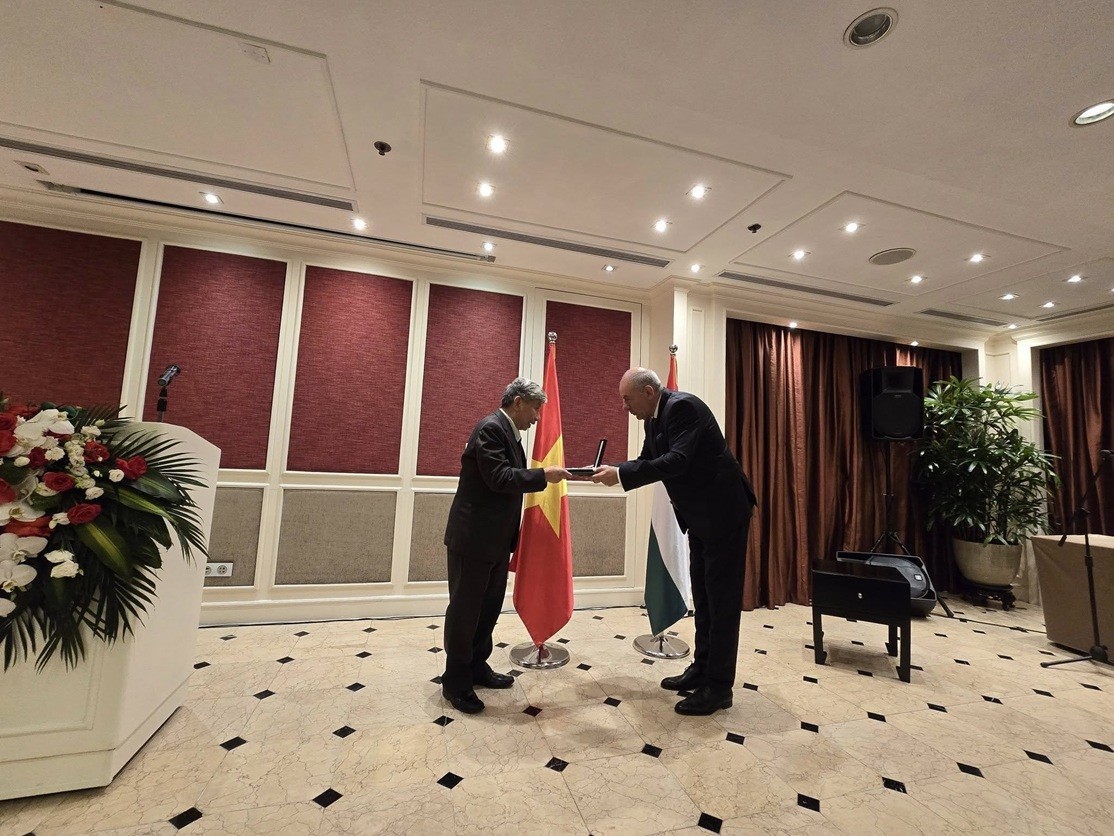 Friendship
Friendship
Dr. Vu Hoai Chuong Receives Hungary's Knight Cross Order
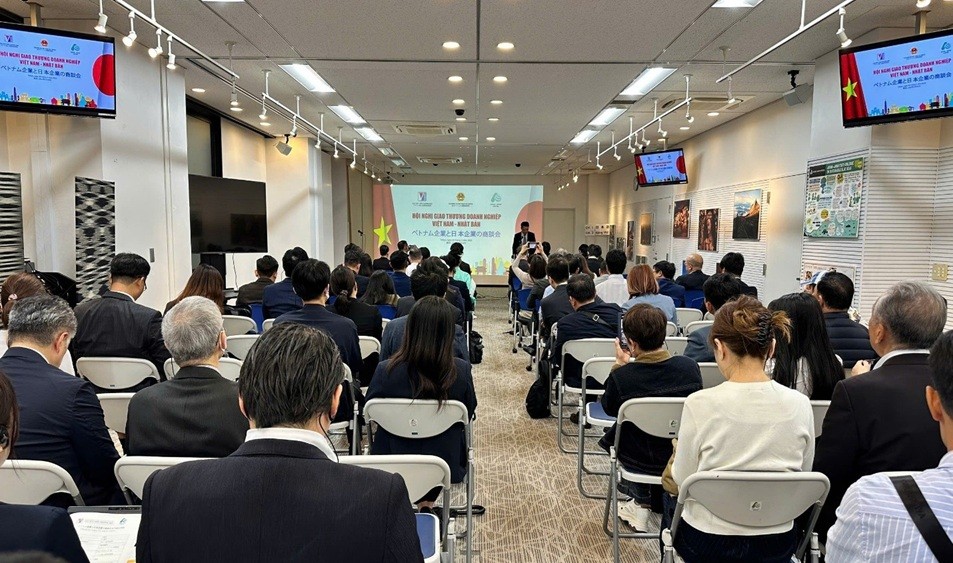 Friendship
Friendship
Promoting Vietnam - Japan Economic Cooperation
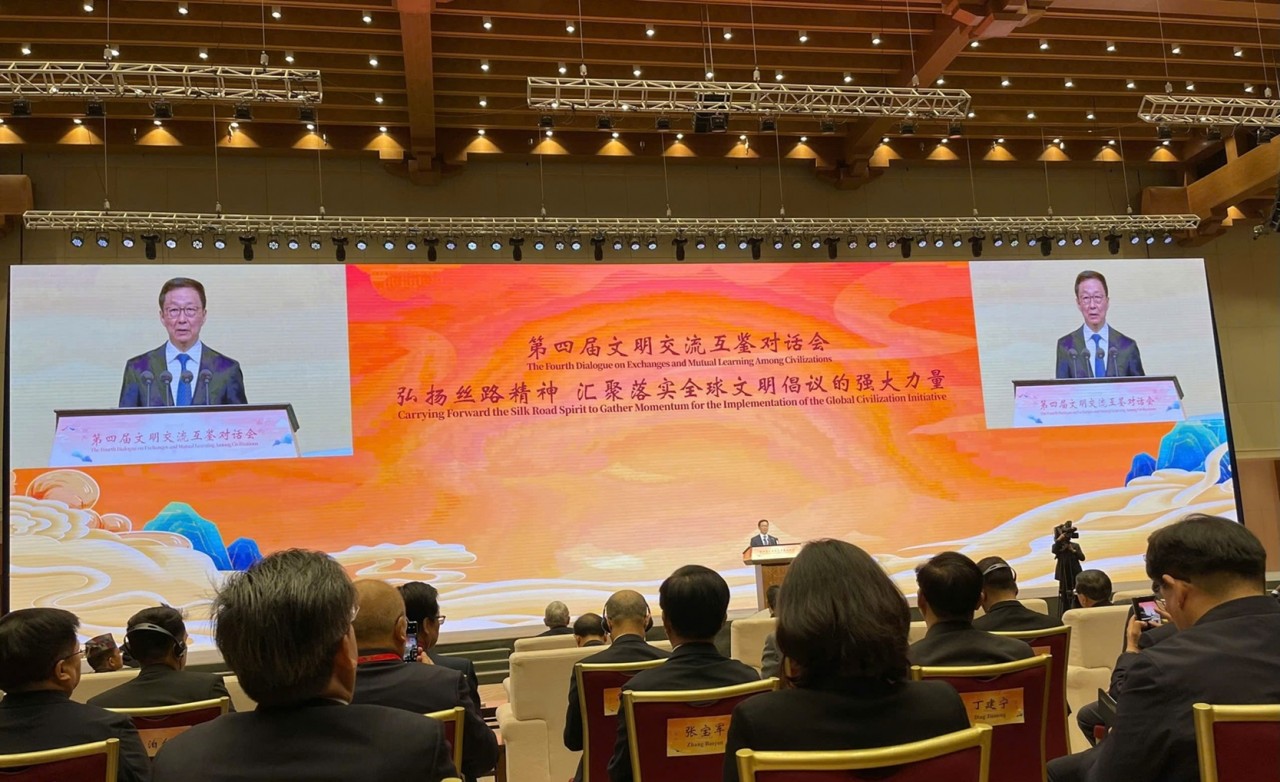 Friendship
Friendship
VUFO Attends Fourth Dialogue on Exchange and Mutual Learning among Civilizations
 Friendship
Friendship
COPI (US) Provides Free Medical Check-Ups for Nearly 1,000 People in Quang Nam
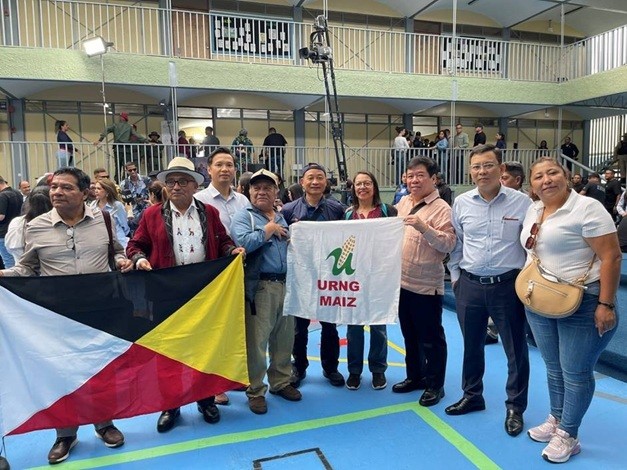 Focus
Focus
Strengthen Solidarity and Friendship Between Vietnam and Venezuela
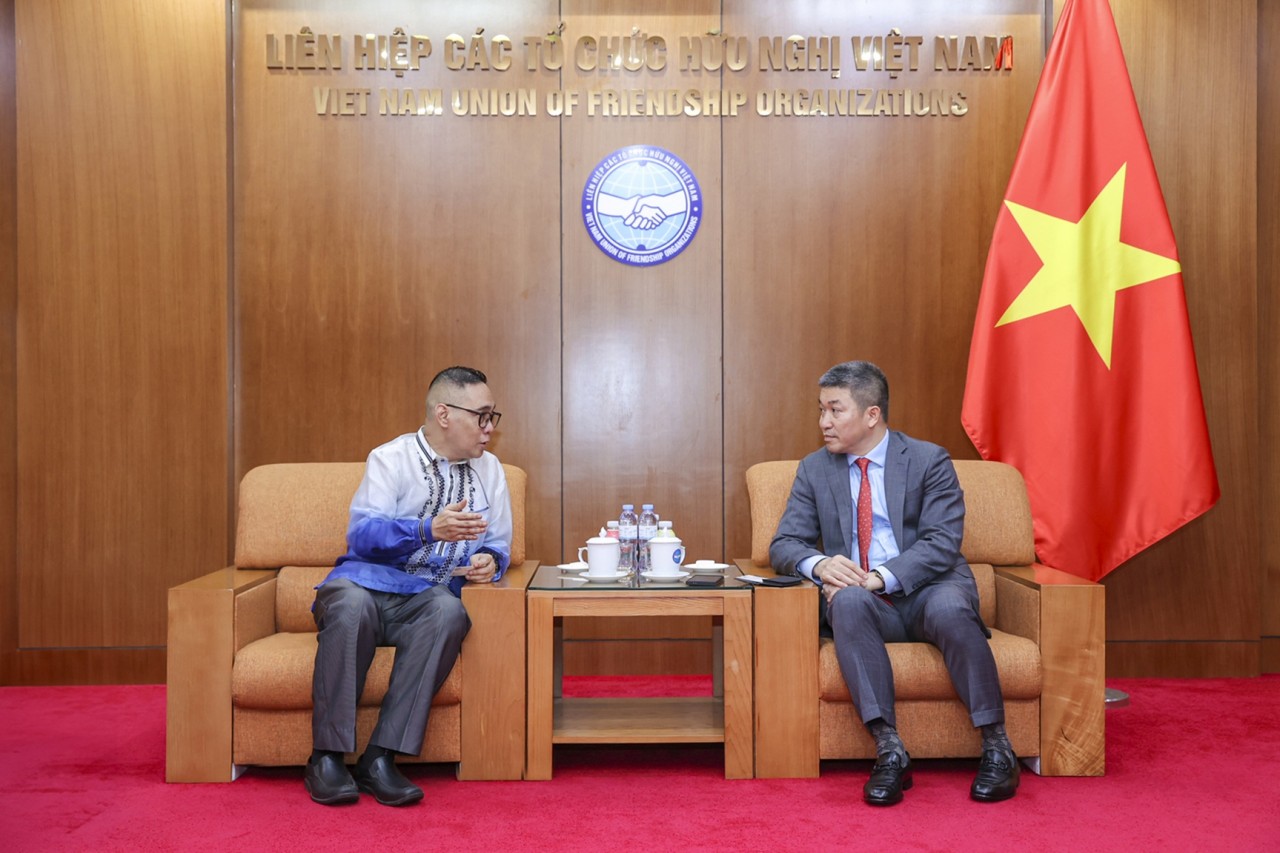 Friendship
Friendship
VUFO Supports Initiatives to Enhance People-to-people Exchanges between Vietnam and the Philippines
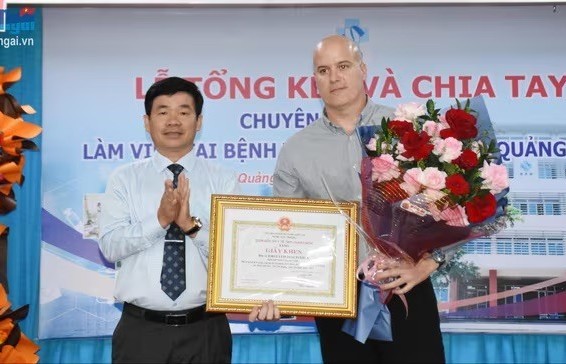 Friendship
Friendship
Quang Ngai Recognizes Cuban Health Experts' Contributions to Mother and Child Care
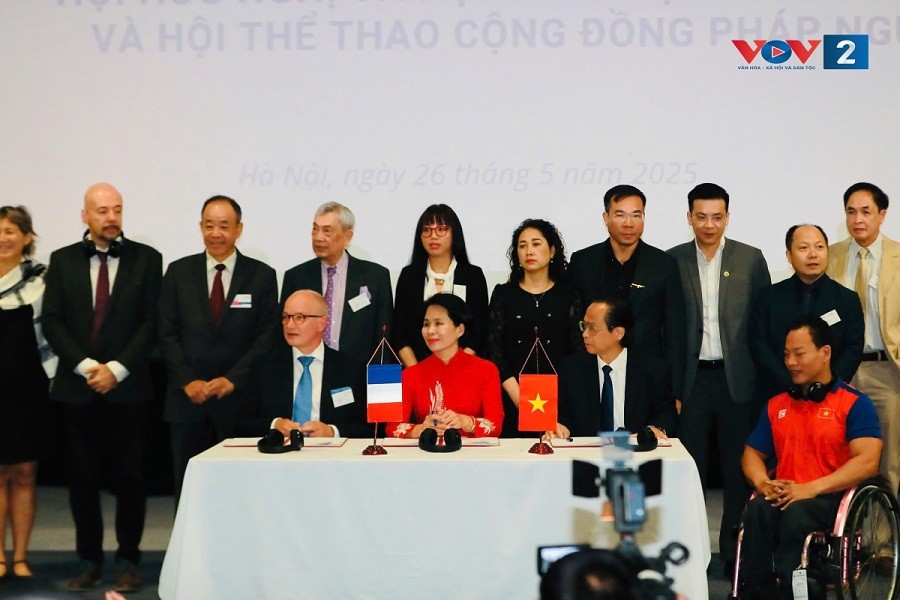 Friendship
Friendship

